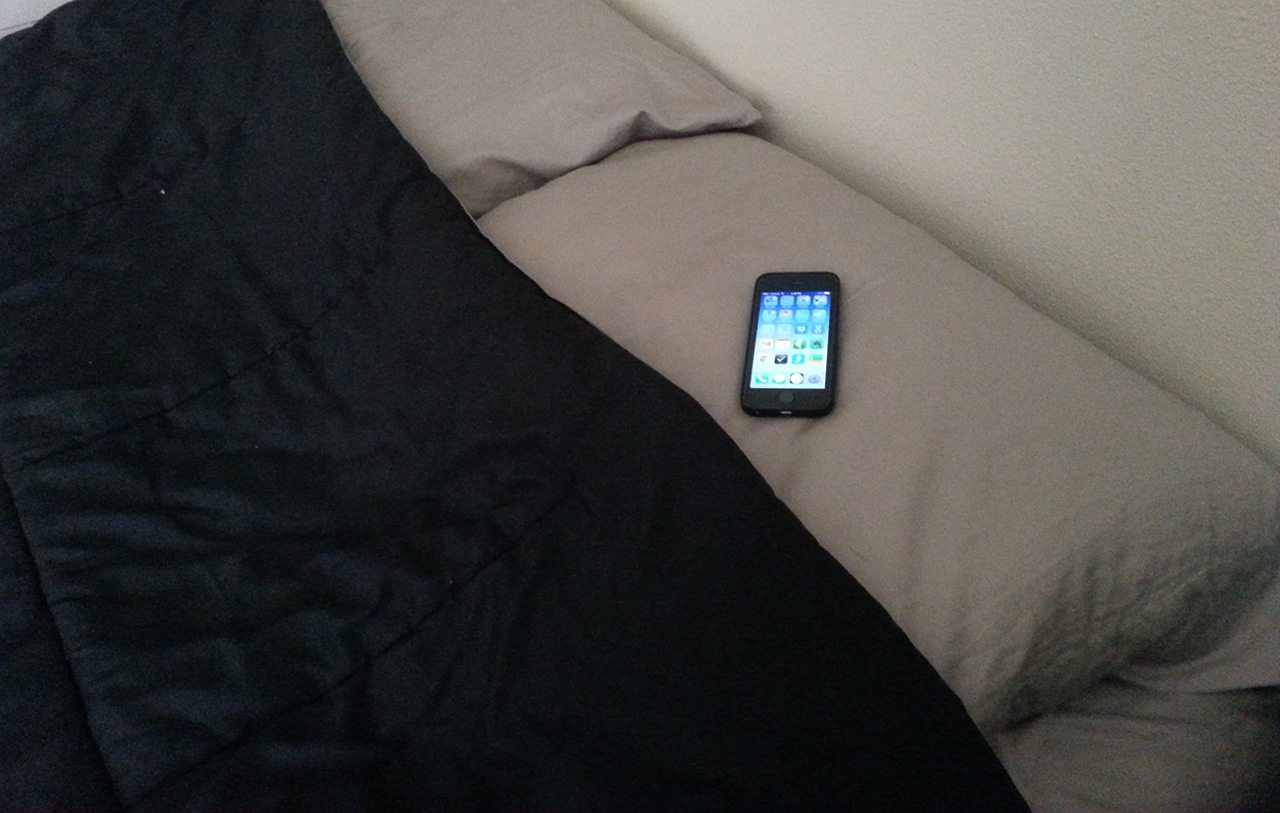Sleep…such a joyful pastime, yet one that seems people have trouble with. As adults, lives are so busy that a few hours at night may be the only chance at it. Not only that, but the quality of sleep in those hours seems to be diminishing due to stress or just due to a busy mind that won’t ease up.
Thankfully, like anything else these days, there are apps to help. Sleeping apps have been mighty popular (and at times crucial) when trying to track patterns in sleep on a nightly basis. Even doctors (although not officially medically approved) are now relying on phone sleep app research for some patients when trying to investigate a reason for constant fatigue or even to watch for signs of more serious conditions such as sleep apnea.
One of the main goals for sleep apps is to capture information about sleep cycles nightly. The information gathered includes: how long you have slept, your movement (with use of phone’s accelerometer) to determine sleep quality and even sound (ex: snoring). You can then rate and add notes based on each nightly report to decide what changes may be necessary and may be doable.
Another main function of these apps is to provide a somewhat smarter alarm clock. For instance, after the monitoring of sleep, you may choose to be woken during your lightest state of sleep vs deep sleep. This should help avoid waking up with that disoriented feeling we all dread so much. Some of the most popular ones are:
• SLEEP CYCLE ($.99 iOS) – Like a “bio-alarm clock” that uses the motion sensors in your iPhone to track you sleep movements and estimate when you are in a light/heavy state. Then you find a “light sleep time frame” to have the alarm wake you. The “settings” part of the app has many options (ie: sleep aid to play soothing sounds and note tracking) that will only enhance the results.
• SLEEP AS ANDROID (free 2 week trial, then $2.99 Android) – Very similar concept to Sleep Cycle. It allows the ability to compare among different nights to properly evaluate sleep history. It also comes equipped with lullabies and noise recording.
• SLEEPBOT (free for both iOS and Android) – Functions very similar to Sleep Cycle and Sleep As Android. Some settings options vary a little from iOS to Android. One useful feature is that the app will even make suggestions to get better sleep (like what to eat/avoid at bedtime and self-promotion exercises).
• PZIZZ ($5.99 for iOS, $9.99 for Android) – Perhaps one of the priciest sleep apps with an odd name, this one is very music-oriented. It can mix quotes, music, sound effects and binaural tones into a new playlist every time you push “start.” The option of time settings makes for optimal entertainment.
• SLEEP PILLOW (free or full version for $1.99 iOS) – Considered a white-noise app, it can boast 70 high quality recorded sounds (think wind chime, stream, hair dryer) that you can mix into 300,000 personalized combinations. The timer can be set to “sleep” and the sound will slowly fade out. The full version of the app offers the opposite effect where the sound can fade in to wake you.
At this point, since most people have smart phones, it is probably worth a try to test out one of the available sleep apps (there are free ones, remember?) if you are having trouble snoozing. Once again, let technology try to help you.


















